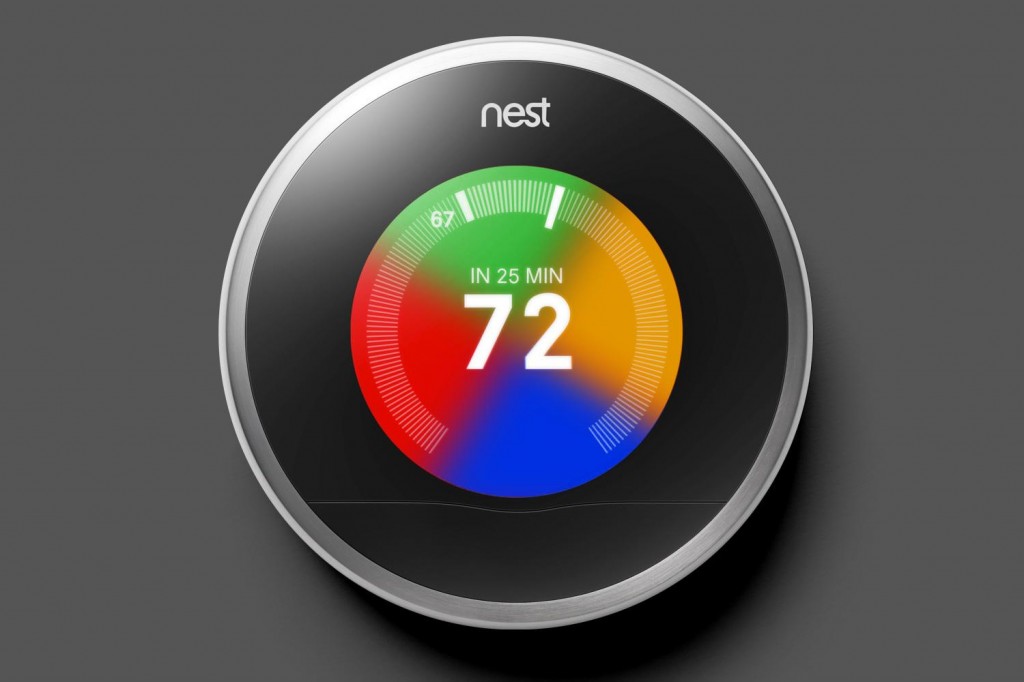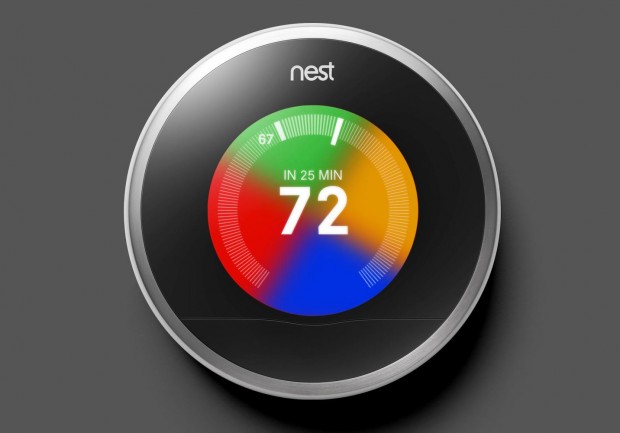 The music industry has gone through so many changes over the years. These days it’s more common for a band or artist to release a single or a few tracks at a time than a full album. The ability to pick and choose which songs you want to purchase from a new release is still a very new concept when you think about the timeline of the music industry. It wasn’t that long ago that the A&R departments for record labels would be scouring the local clubs trying to find the next hit band. Simultaneously, it wasn’t that long ago that the defensive war for talent was also being waged between those same record companies. This practice of signing a band to a possible multi-record deal, investing the money to help them record an album, and then shelving the masters with no plan to ever release the music became one of the worst kept secrets in the music industry. It wasn’t so much that the label wanted to help this band succeed, they just wanted to make sure that either a similar band already on the label didn’t have competition for sales, or to prevent a competitive label from acquiring the talent to add to their bottom line. With Google’s purchase of Nest (still “technically” pending but likely to go through), I can’t help but think about this comparison.
The music industry has gone through so many changes over the years. These days it’s more common for a band or artist to release a single or a few tracks at a time than a full album. The ability to pick and choose which songs you want to purchase from a new release is still a very new concept when you think about the timeline of the music industry. It wasn’t that long ago that the A&R departments for record labels would be scouring the local clubs trying to find the next hit band. Simultaneously, it wasn’t that long ago that the defensive war for talent was also being waged between those same record companies. This practice of signing a band to a possible multi-record deal, investing the money to help them record an album, and then shelving the masters with no plan to ever release the music became one of the worst kept secrets in the music industry. It wasn’t so much that the label wanted to help this band succeed, they just wanted to make sure that either a similar band already on the label didn’t have competition for sales, or to prevent a competitive label from acquiring the talent to add to their bottom line. With Google’s purchase of Nest (still “technically” pending but likely to go through), I can’t help but think about this comparison.
It seems that almost every week we are seeing another small start up in Silicon Valley being purchased by one of the bigger companies like Google, Yahoo!, or Apple. Typically these purchases are more software related, but the purchase of a hardware company like Nest is not uncommon. The thing that lingers in the back of my mind while I watched the A/V industry stir itself into a frenzy over the possibilities of what could happen with Nest technology under Google is why did they make the purchase? How many times have we seen a small app company get purchased by one of the larger firms and then see the original product killed? These start ups get purchased for a few different reasons, and not all are positive for the end users. Sometimes the purchase goes through because the larger firm wants to acquire a patent or some unique code owned by the up-and-comer. Other times it could be that the Google’s of the world see new innovative engineering talent and they want to pull that in for their own benefit. Another reason for these purchases is that they are just trying to prevent their competition from acquiring the information or talent. But the last obvious reason could be that there really is a desire to develop and build on what the start up firm has to offer.
There is so much potential with the Google acquisition of Nest for what could happen with control of the home environment and the Internet of Things, but we have yet to see where any of that is headed. In talking with one of my fellow REDBAND-ers about the situation today I reminded him that in all the excitement over Google entering your home (whether you view it as good or bad, there has been excitement), people seem to have forgotten about the patent that Apple filed a few months back that utilizes a GPS to perform similar functions to the Nest thermostat.
I hate to be the guy that rains on the parade with all the things that people are claiming will happen once the Google software/Nest hardware partnership really develops, but we have seen similar situations too many times to think that this one will be different. So keep the excitement up folks, it’s great to see the ideas flourishing as to the possibilities that could happen, and with any luck Google will listen and further the innovation. But for the time being I’m content to wait and see if they break their track record of burying their acquisitions.





